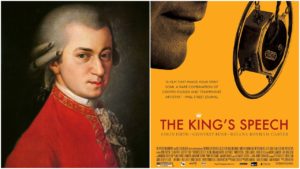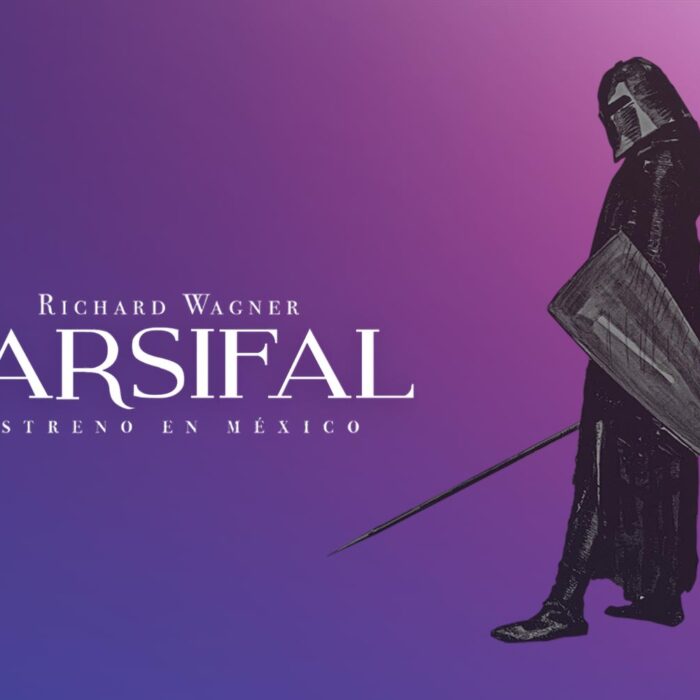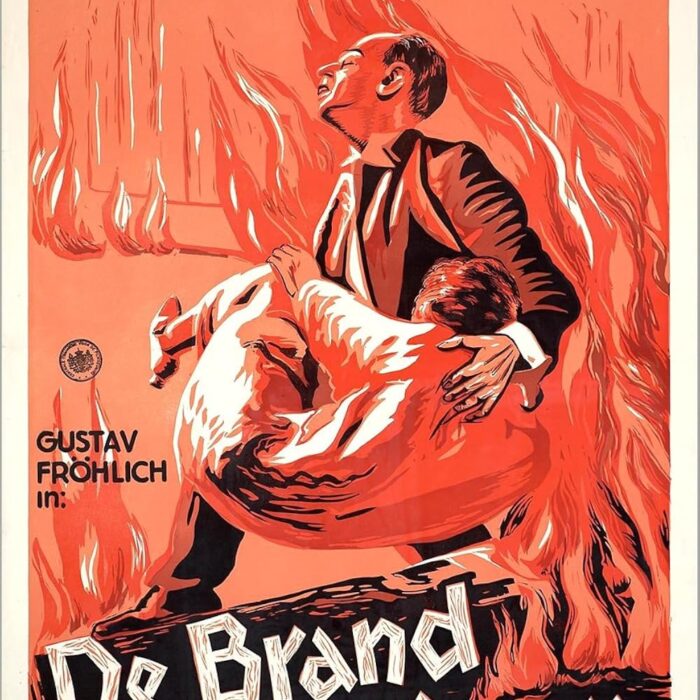
Opera Meets Film: How ‘Le Nozze di Figaro’s’ Overture Provides Best Picture Winner ‘The King Speech’ With Narrative Structure & Subtext
By David Salazar“Opera Meets Film” is a feature dedicated to exploring the way that opera has been employed in cinema. We will select a section or a film in its entirety, highlighting the impact that utilizing the operatic form or sections from an opera can alter our perception of a film that we are viewing. This week’s installment features Tom Hooper’s Academy Award winning film “The King’s Speech.”
The initial meeting between Prince (and future King) George VI and Lionel Logue is, narratively speaking, the call to action. George is struggling with his speech and has sought out an option. But he remains steadfast in his belief that he will be unable to overcome his stutter, even with the help of a speech therapist like Lionel.
But Lionel has other ideas and in order to prove the future king wrong, he uses a very unique technique to get him to overcome his difficulty. He hands him a pair of massive headphones and starts to play the overture to Mozart and Da Ponte’s “Le Nozze di Figaro.”
At first, the audience only hears the music over the speakers very faintly, but when George finally puts them on, they blast through the soundtrack, eventually overtaking it altogether; everything else recedes into silence with Mozart’s energized music taking complete control.
The music takes over leading the camera toward George as he reads a passage that we cannot hear; moreover, we can’t even see it as the microphone is strategically placed in the frame so as to cover his mouth. What we are meant to here is Mozart’s music as a representation of what is going on with George. The music’s energy seems to suggest that George is producing music from his mouth in this moment, a possibility that is furthered by the fact that the camera is moving ever closer to him before cutting to a close-up of Lionel looking on at the King’s mouth with a smile on his face. What he hears is what the audience hears – glorious Mozartian music. When the King dismisses it all as a joke, Lionel’s first words are “Glorious.”
Choosing Mozart’s effervescent score is no accident as this is literally an overture of sorts for this relationship; the music is a spark of sunlight tonally in a film that while humorous in many sections, is draped in dark and weary colors; to this point, nothing else in the film has come close to this energized music, which signals to the audience that this is literally a new chance and life for George. Mozart’s music will play in latter sections of the film as a motif for this relationship, but what this theme really ties into is the climax where George, now the King, must give a speech to the entire nation via radio.
In the most somber of moments, the soundtrack brings in the second movement from Beethoven’s seventh symphony, blaring over the speech. While it serves as a structural crux for the passage, it harkens back to this earlier moment where music not only served to express the subtext of the scene, but also express the musical power of the King overcoming his speech difficulties. The King’s Speech is music.
Categories
Opera Meets Film

